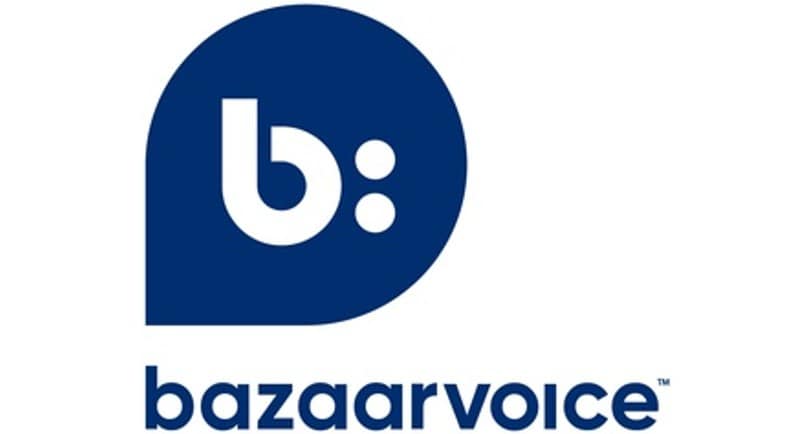Over three quarters of Australian consumers are concerned about fake reviews and user-generated content (USG) when shopping, according to a new study by Bazaarvoice. The Austin-based tech company reported the concern amongst Australians (78%) is greater than average global consumers (75%).
Australians are demanding that both the government and brands do more to ensure authenticity in order for them to feel confident in the online content they consume. In fact, Australia was the only country who placed the onus of solving fraudulent online content issues on the Government (64%) above brands and retailers (60%).
The study further revealed that influencer content is not trusted by most Australians, with 43% of respondents expressing some distrust or no trust in influencers. Only 3% reported having a high level of trust in it. The Australian Competition & Consumer Commission (ACCC) attempted to address this issue in January 2023, targeting influencers in a social media sweep over misleading testimonials and endorsements.
Bazaarvoice’s report also follows the intensified actions of industry watchdog Australian Communications and Media Authority (ACMA) against spam, scams, and breaches of regulations within the industry.
ACMA’s crackdowns heightened last year, resulting the implication of major betting operators like Ladbrokes, Neds, bet365, and Sportsbet for violating in-play betting rules.
Businesses such as Ticketek, Kmart, Commonwealth Bank, Doordash, and Telnyx also incurred significant repercussions, including fines of up to $3.55 million for breaches related to anti-spam and scams.
See also: HubSpot predicts “the big switch off” as spam rates weaken customer loyalty in Australia
The study showed that the majority of both consumers and brands and retailers see the value in trust signals and symbols across UGC with 50% of consumers preferring either a dedicated site page or content marker to ensure UGC is authentic. Moreso 59% of consumer would have confidence in a trust signal.
As a result, managing director of Asia Pacific region for Bazaarvoice, Kate Musgrove, predicts 2024 will be “a year where trust signals/symbols become a mainstay, ensuring UGC across the shopping journey is authentic.”
“Fake user-generated content (UGC), such as reviews, ratings and images, has become more prevalent over recent years and more notably Australian consumers have cottoned onto this and are expecting both brands and the government to do more to combat this issue.”
“Brands and retailers who cannot prove that their UGC is authentic and trustworthy will lose out on sales as consumers will be happy to look somewhere they trust more,” said Musgrove.
Zarina Lam Stanford, chief marketing officer at Bazaarvoice, added, “This study underscores the absolute necessity of user-generated content (UGC) being authentic.
“Brands and retailers need to ensure that their customers trust the content they consume online. If shoppers can’t trust UGC, it loses all of its value, and companies will lose out on sales.”
